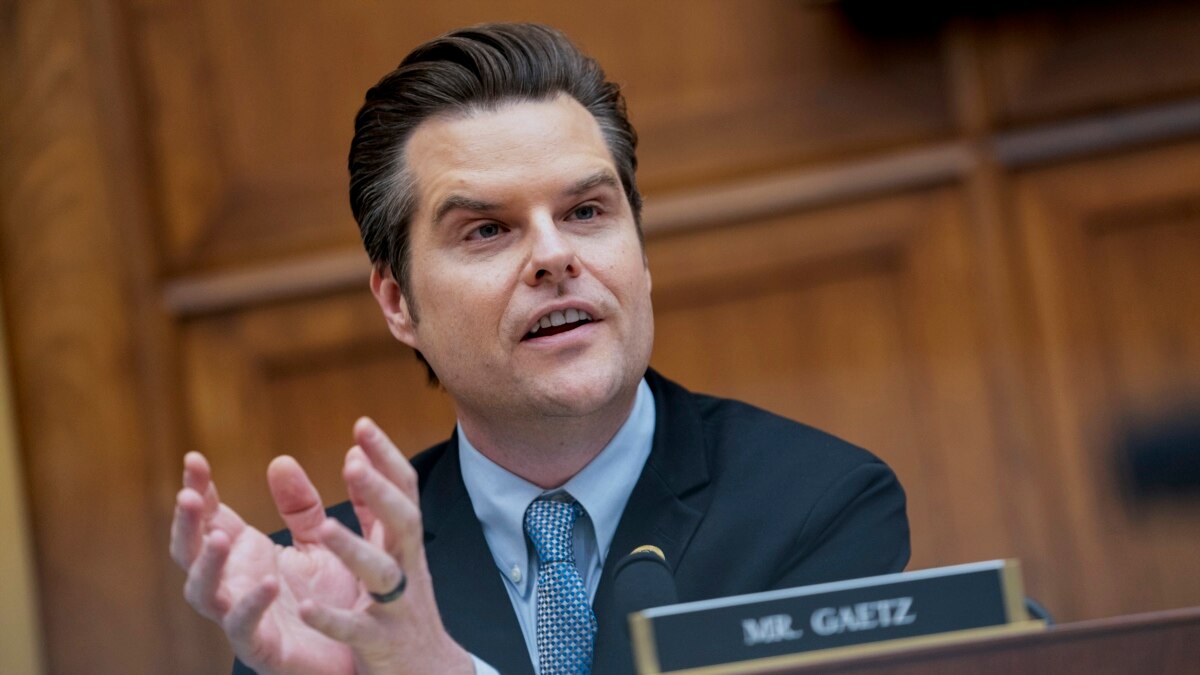Tanzania’s plans to increase agricultural production are set for a massive boost on the back of expected increased fertiliser supply from Russia.
Russian producers of mineral fertilisers announced to be ready to double their shipments to African countries in the next five years to bridge a supply shortage that threatens to exacerbate food insecurity.
This was announced by the President of the Russian Fertiliser Producers Association (RFPA), by Andrey Guryev, on the sidelines of the recently held second Russia-Africa Summit in Saint Petersburg.
Tanzania is among the primary markets for Russian DAP and nitrogen fertilisers, according to Mr Guryev.
Other markets are South Africa (ammonium phosphate), Morocco (ammonium nitrate, urea), Senegal (nitrogen fertiliser) and Côte d’Ivoire (nitrogen, NPK).
Mr Guryev emphasised the need to increase supplies and effectively apply mineral fertilisers in African countries to combat hunger and achieve food sovereignty.
He expressed the intention of Russian fertiliser producers to expand their presence in Africa markets.
“Russia is the world’s largest exporter of mineral fertilisers. We have achieved this result over the course of ten years, investing approximately RUB 1.8 trillion in the industry.
By expanding production capacity, we have focused on both our priority domestic market and the growing demand from agricultural countries, including those in Africa. The agricultural potential of African states is enormous, yet around 60 per cent of fertile land on the continent remains unused,” said Mr Guryev.
He said the world’s population is growing rapidly and by 2050, it is expected to increase by two billion, reaching 9.8 billion people.
According to him half of the population growth (one billion people) will occur in Africa.
“To feed such a large number of people, food production needs to increase by 60 per cent. If Africa does not achieve such growth and food sovereignty, it could lead to a colossal humanitarian catastrophe on a global scale. However, we are confident that a sharp increase in the agricultural production on the continent is possible through the efficient use of mineral fertilisers.
“Russia is ready to provide the African continent with all types of mineral fertilisers, including innovative and environmentally preferable products, fertilisers with bio-additives,” said Mr Guryev.
The President of Afreximbank, Mr Oramah, confirmed the readiness of African countries to collaborate with Russia in creating a modern and sustainable agricultural sector.
“We can cooperate in infrastructure development, supplying seeds and equipment for the establishment of high-productivity commercial farms. To ensure that seeds yield sufficient crops to meet the needs of the continent’s growing population, we require mineral fertilisers. The exchange of expertise and knowledge with Russia is also crucial.”
Russia is one of the world’s largest producers and exporters of potash, phosphate and nitrogen-containing fertilisers.
It contributes more than 12 per cent to the global trade of fertilisers in the dry bulk segment, with a share of more than 14 per cent in the total fertiliser shipping demand.
The country’s fertiliser exports surged by 13.6 per cent in 2022, and by a whopping 50.5 per cent year-over-year in January to June 2023.
It holds about 10 per cent of the African market for mineral fertilisers. Over the past five years, Russia has more than doubled its shipments of mineral fertilisers to African countries, reaching 1.6 million tons in 2022.
Russian fertilisers are used in 25 countries across the continent where the main products include NPK, ammonium phosphate, ammonium nitrate, and urea.









